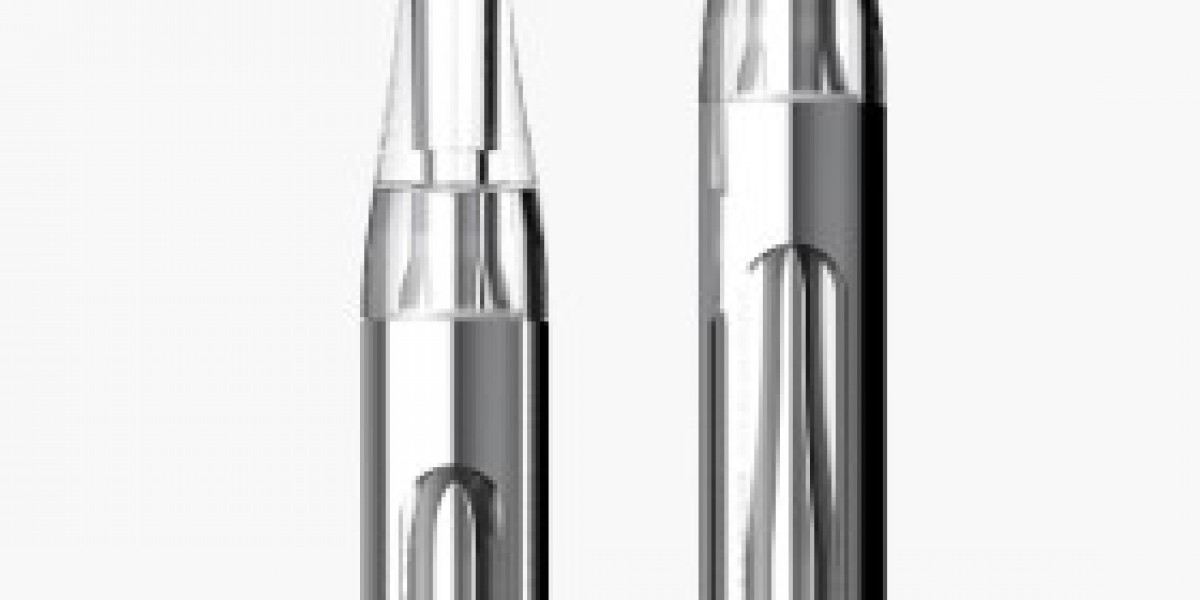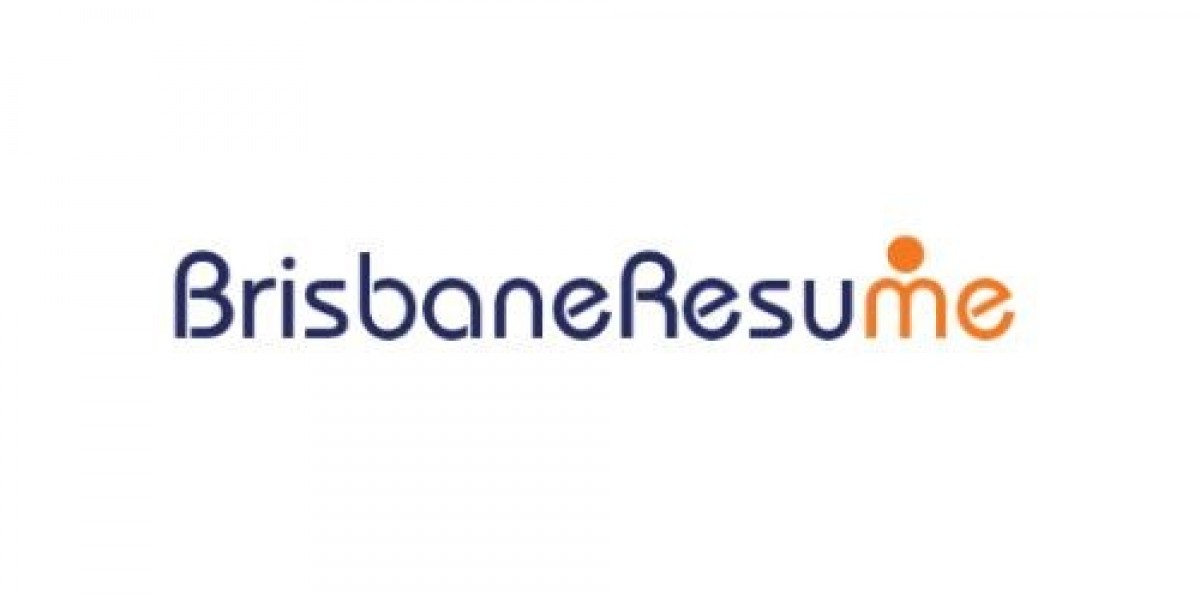Justice was in our favor, and many of those who were investigated for infringing CCELL's patents and trademarks agreed not to challenge the case; Some have signed consent decrees halting further infringement. Read more about ITC's protection for us.
Kyle Ankney of The Marijuana Times.
Through federal, state, and common law, cannabis and cannabis-adjacent companies are entitled to intellectual property protection. The most powerful form of protection for a company is a federal trademark or patent registration - which warns potential infringers by Posting in a trademark or patent registration database. State-level trademark registrations provide similar but regionally limited protection.
It is important to note that trademark registration can only be made for businesses/services that do not come into direct contact with cannabis plants. This includes non-cannabis-specific smoking, best-flavor vapes, or other consumer accessories.
Fortunately, CCELL is one of the most well-known manufacturers of premium cannabis vaporizers in the United States, and its federally registered trademarks and patents are protected. After the company filed its lawsuit in October 2021, the U.S. International Trade Commission (ITC) launched an investigation into 38 companies for infringing CCELL's patents and trademarks. CCELL's most coveted patent is its heating technology, which adds extra safety and does not produce the burnt smell that other best-flavor vape devices can produce.
It was announced this week that more than half of the 38 companies under investigation for patent and/or trademark infringement have agreed to opt out of challenging the case and will cease the infringement. Many of them have signed consent decrees not to further infringe CCELL's patents and trademarks, and several others are discussing settlements with CCELL's lawyers.
Going forward, CCELL has taken actions to protect its legitimate interests, including filing a Section 337 unfair import complaint with the ITC and filing patent and trademark infringement proceedings in the Federal District Court. If companies and their petroleum brands use technology protected by CCELL patents without authorization, they will constitute patent infringement under U.S. intellectual property law.
Aliceyin
16 Blog posts



